Vigova Poultry Research and Development Center (Vigova Center - under the Southern Animal Husbandry Institute) has just organized a workshop on "Technology and techniques for raising VST super egg ducks" in Vinh Long province to evaluate the effectiveness of the VST duck breeding model - a high-yield egg duck breed researched and developed by the Center in the period 2023 - 2025.
This is the core activity of the pilot project of raising VST super egg ducks being implemented in key provinces in the Mekong Delta region - a place with special natural advantages with a dense river system, large rice areas and an increasing need to develop the duck - rice model.

Dr. Doan Duc Vu, Deputy Director of the Southern Animal Husbandry Institute, introduces the VST duck breed. Photo: Le Binh .
Dr. Doan Duc Vu, Deputy Director of the Southern Animal Husbandry Institute, said that the project aims to perfect breeding technology, breeding processes and build a model for raising VST super egg ducks - the first egg-producing duck breed in Vietnam selected and created using advanced genetic technology, applying REML and BLUP in evaluating breed value.
“VST duck lines have outstanding egg productivity, reaching up to 290 eggs/hen/year, consistent quality, high yolk, large egg mass, especially suitable for salted egg production for domestic consumption and export,” said Dr. Vu.
At the workshop, Dr. Le Thanh Hai - head of the breeding research project, said that the process of creating the VST super egg duck breed was carried out over many years in a very methodical manner. The research team started by selecting each duck family with good productivity, monitoring each duck's eggs, weighing and recording fully over many generations to select the most elite individuals.
“We have to monitor each egg, each hen, and each small characteristic of the breed. After each generation, we select the best ones to multiply. Thanks to perseverance and complete data, the egg productivity of the VST duck breed has increased significantly, the eggs are more even, and the yolks are more abundant, which is an important requirement for salted egg production,” Dr. Hai shared.
According to him, the good news is that the two duck lines VST1 and VST2 have shown very good adaptability when brought to the Mekong Delta provinces. The ducks are healthy, eat well, tolerate heat well and lay eggs consistently. “We want to create a Vietnamese duck breed, mainly serving Vietnamese farmers. When we see people raising them effectively, we are very happy because our many years of efforts are on the right track,” said Dr. Hai.
Dr. Hai believes that if widely replicated, the VST duck breed will help farmers in the Mekong Delta have more options for duck breeds with high egg productivity, reduce costs, and increase the competitiveness of Vietnamese egg products in the market.
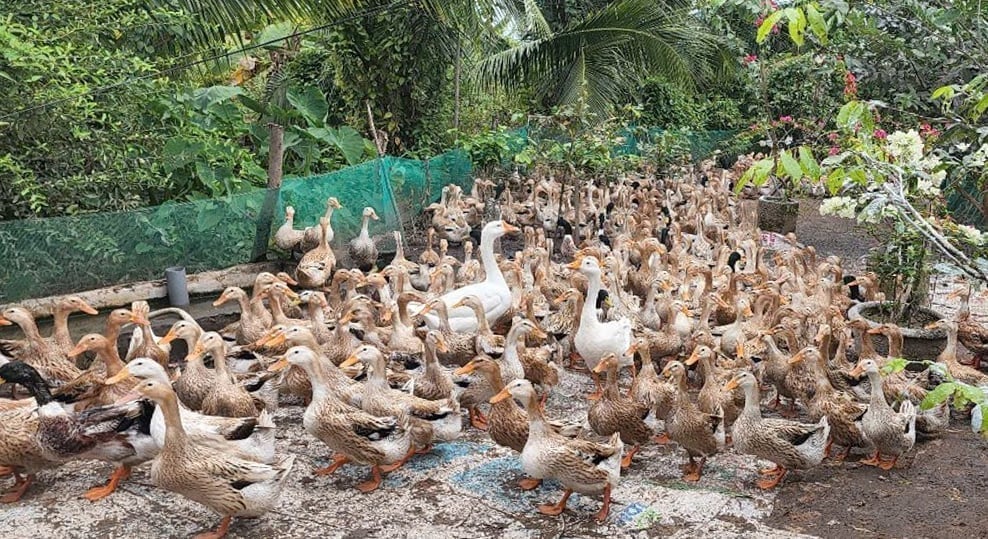
The VST super egg duck flock, which was raised on a trial basis in the Mekong Delta, showed good adaptability, high egg laying rate and consistent egg quality, bringing high economic efficiency. Photo: Le Thanh Hai .
Along with breeding work, MSc. Pham Thi Nhu Tuyet (Vigova Center) also emphasized the importance of biosafety farming models in the context of climate change, complex diseases and increasing emission reduction requirements. MSc. Tuyet said that the VST duck breeding process has been fully developed from preparing barns, caring for ducklings, the reserve stage to the laying stage with standards on density, food, drinking water, weight management and egg collection.
“If the process is applied correctly, the duck flock will achieve a high and stable egg-laying rate, reasonable feed consumption and significantly reduce the risk of disease. This is the key factor that makes this model suitable for the Mekong Delta region - where duck farming is shifting towards more intensive and professional farming,” said Ms. Tuyet.
Not only stopping at technical evaluation, the workshop recorded many opinions from people directly participating in the test model.
Mr. Tran Trong Ghi, a breeder in Dong Thap province, said that after more than 6 months of experimentally raising 600 VST ducks, the egg productivity of the flock was significantly higher than the previous breed. “The regular laying rate is maintained at 88 - 92%, the egg shells are hard, the yolks are plentiful, so traders really like them. More importantly, the ducks are less sick, eat well, and adapt well to the erratic rain and sunshine conditions this year,” Mr. Ghi shared.
According to scientists, the birth of the VST super egg duck breed is an important step forward for the Vietnamese poultry breeding industry, helping to proactively source high-quality breeds, reduce dependence on imports, and increase added value in duck farming. The project also contributes to linking scientific research with production practices, creating a foundation for building a duck egg value chain - a strong specialty of the Mekong Delta region.
In the coming time, Vigova Center and the Southern Animal Husbandry Institute will propose agricultural extension projects in localities to expand the VST super egg duck breed into mass production, provide technical support to households and businesses, thereby creating a new breakthrough for duck farming in Vietnam.
Source: https://nongnghiepmoitruong.vn/vit-sieu-trung-vst-lua-chon-moi-cho-chan-nuoi-dbscl-d781668.html





![[Photo] Da Nang: Hundreds of people join hands to clean up a vital tourist route after storm No. 13](https://vphoto.vietnam.vn/thumb/1200x675/vietnam/resource/IMAGE/2025/11/07/1762491638903_image-3-1353-jpg.webp)


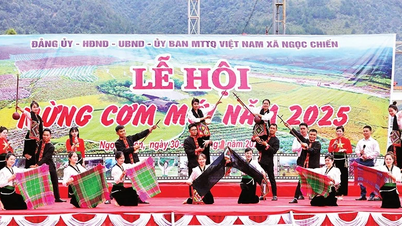

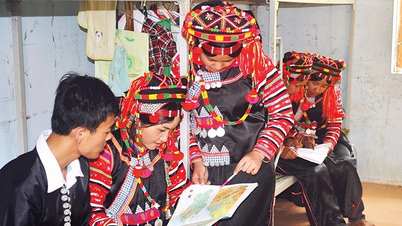
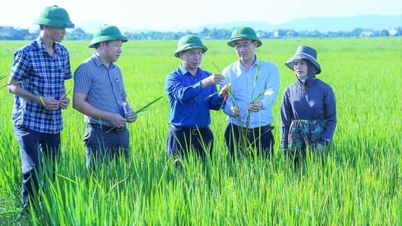









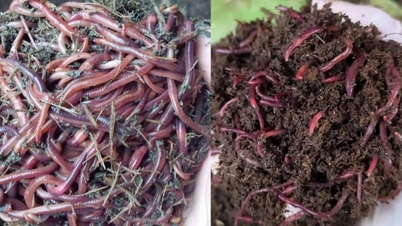
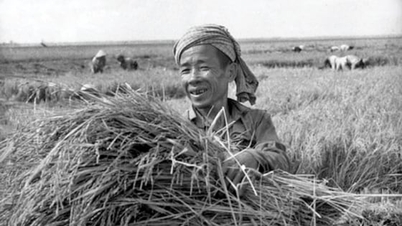
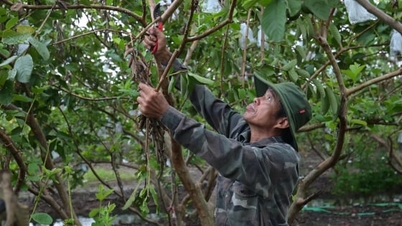
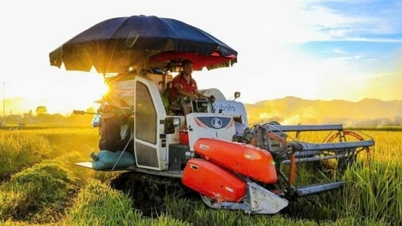
























































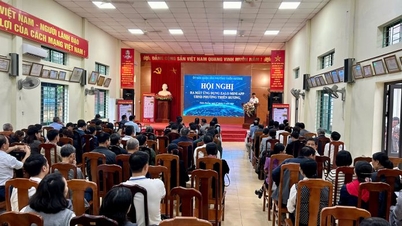

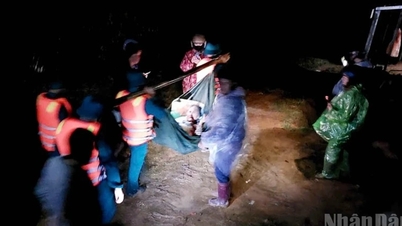



















Comment (0)